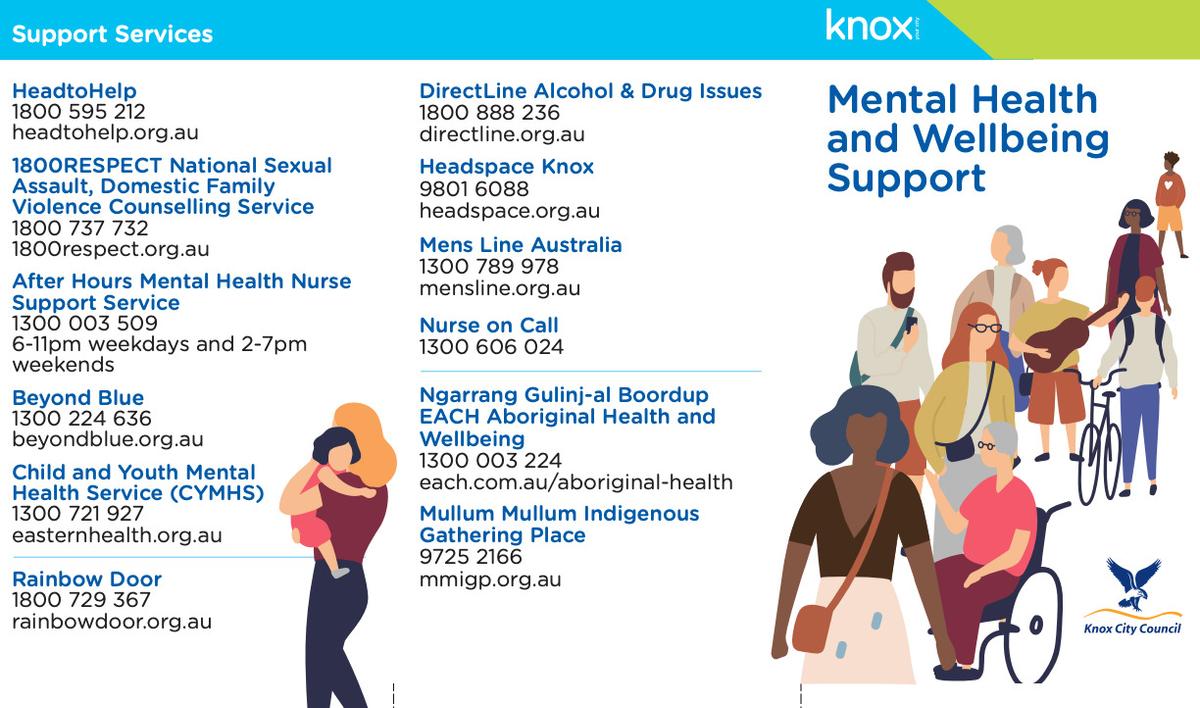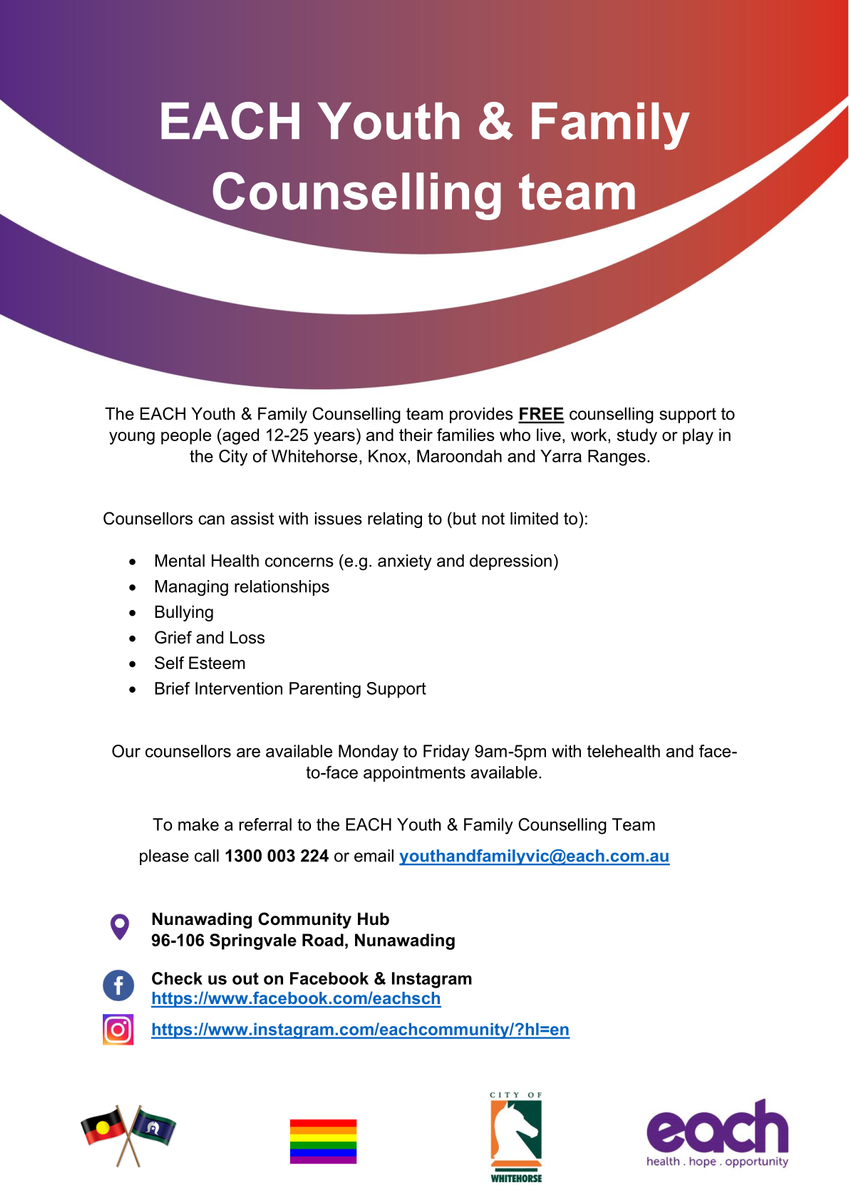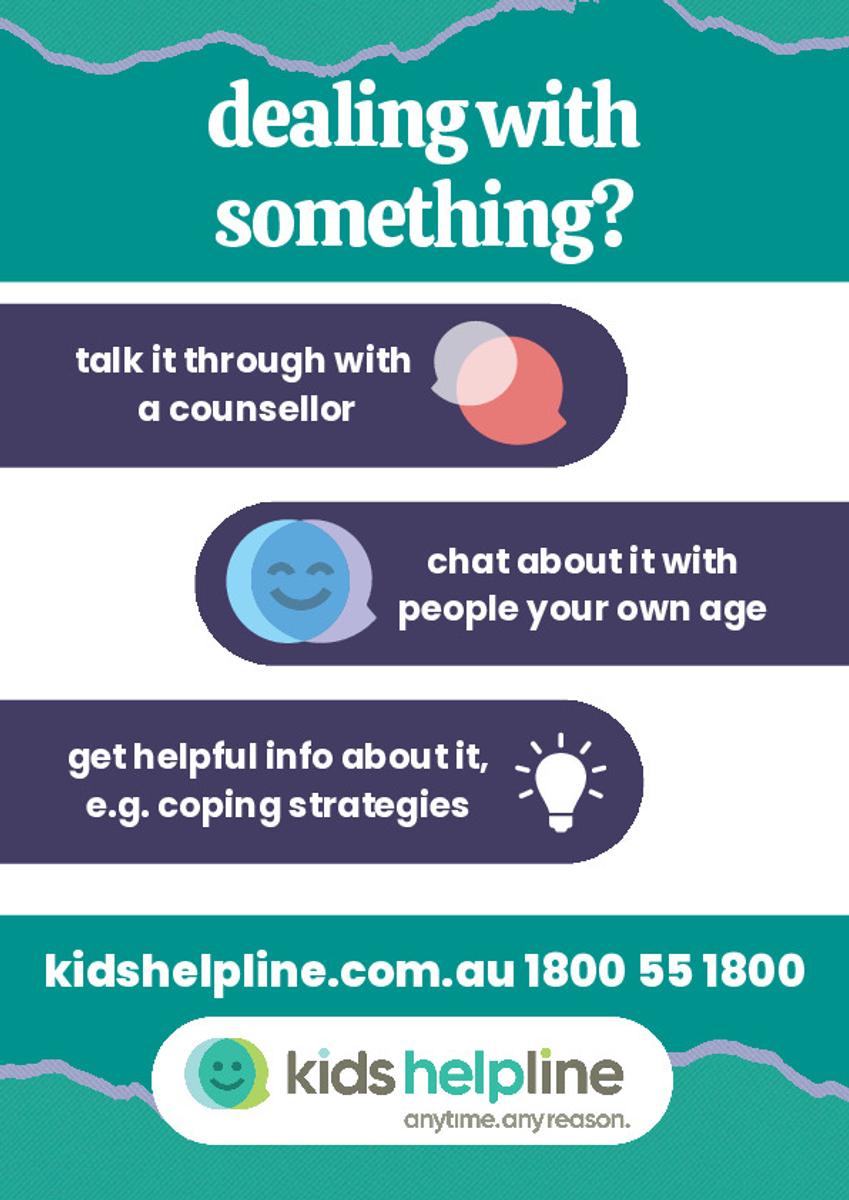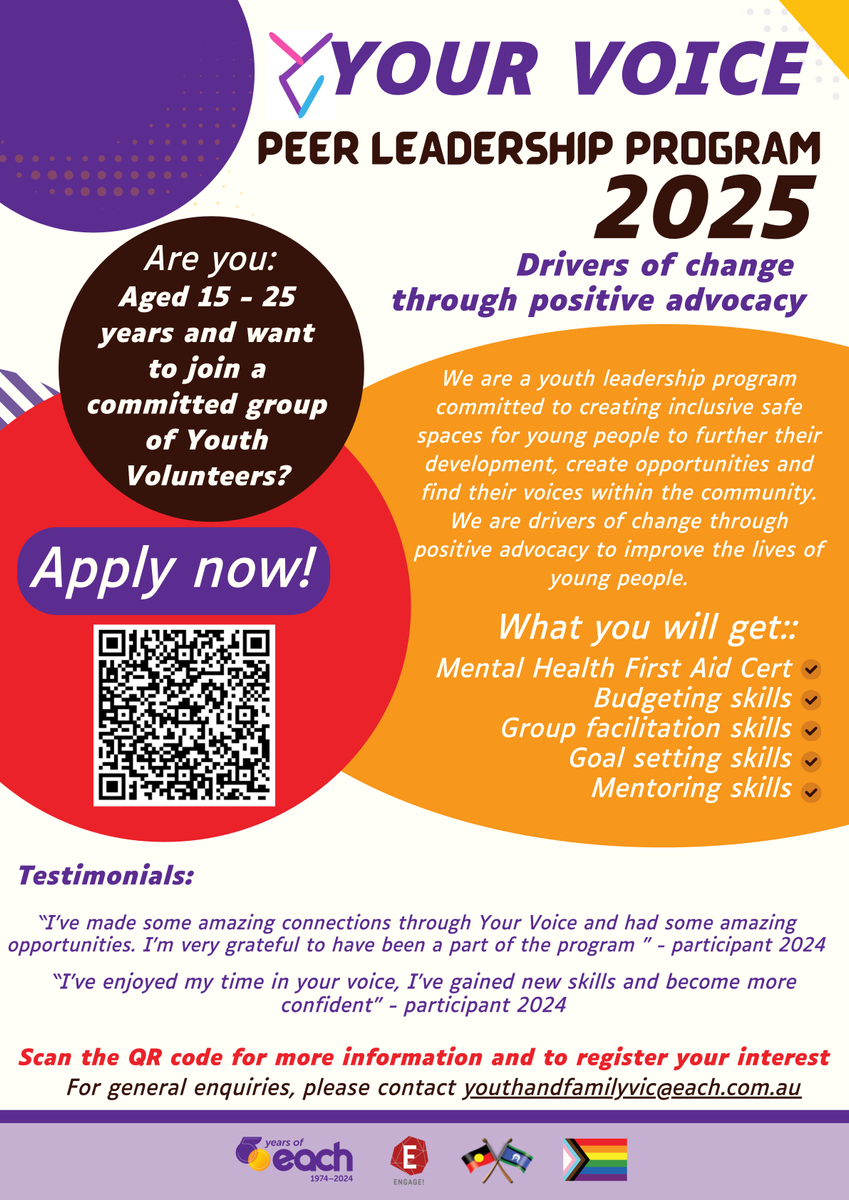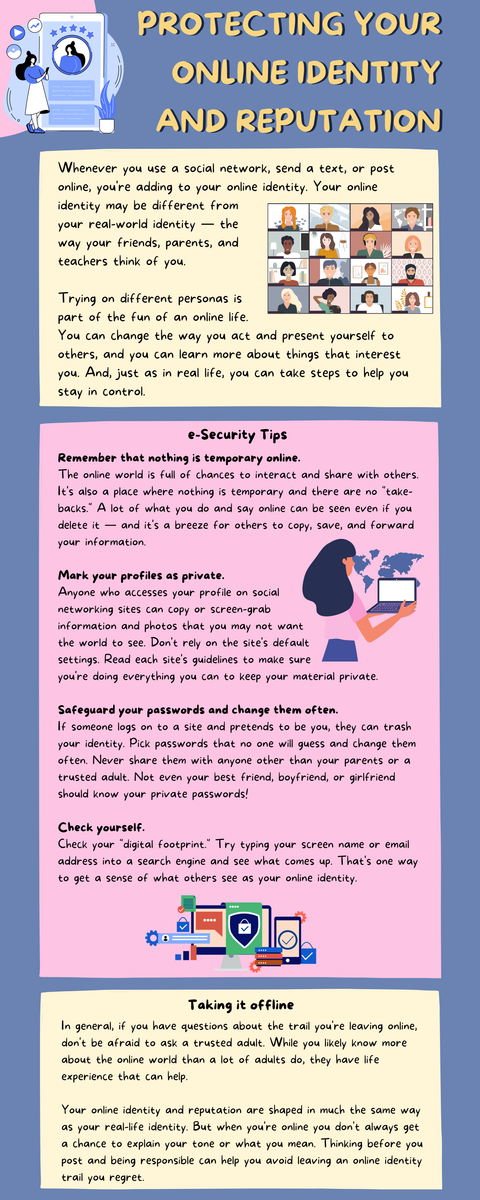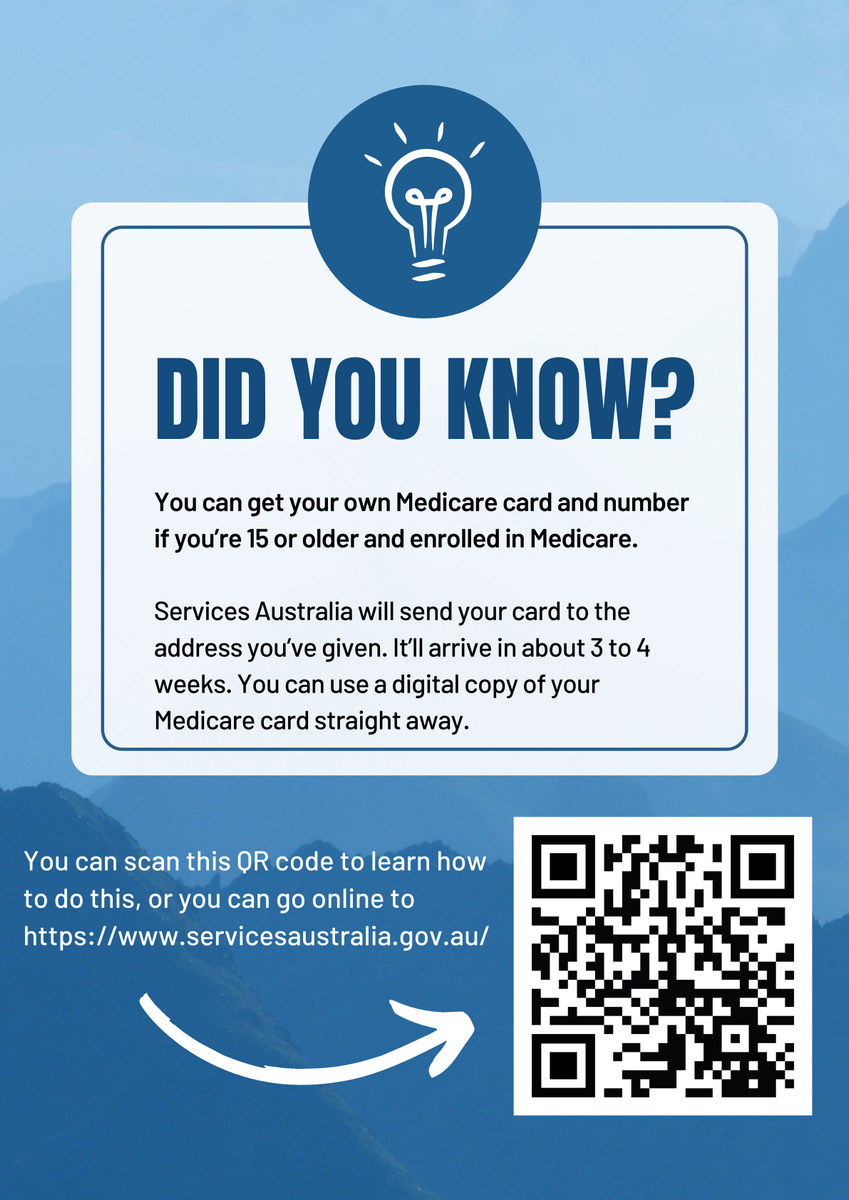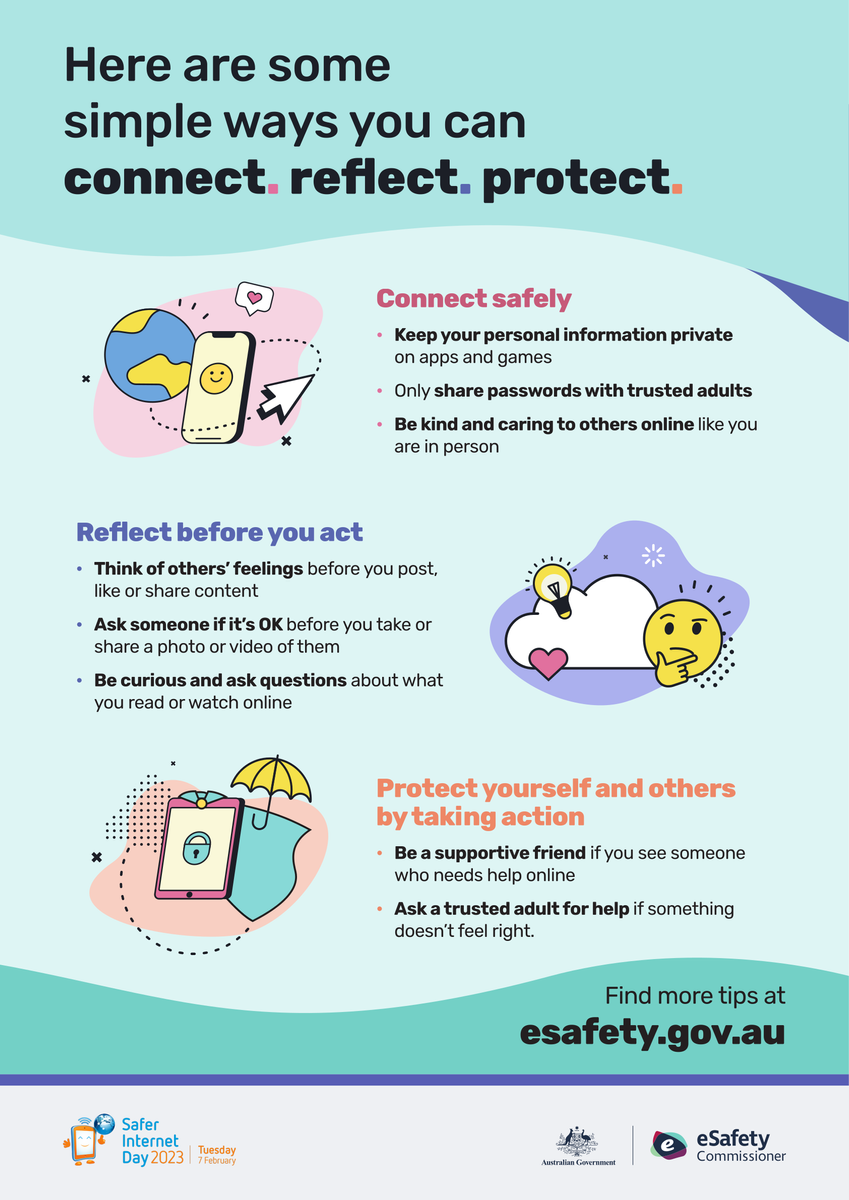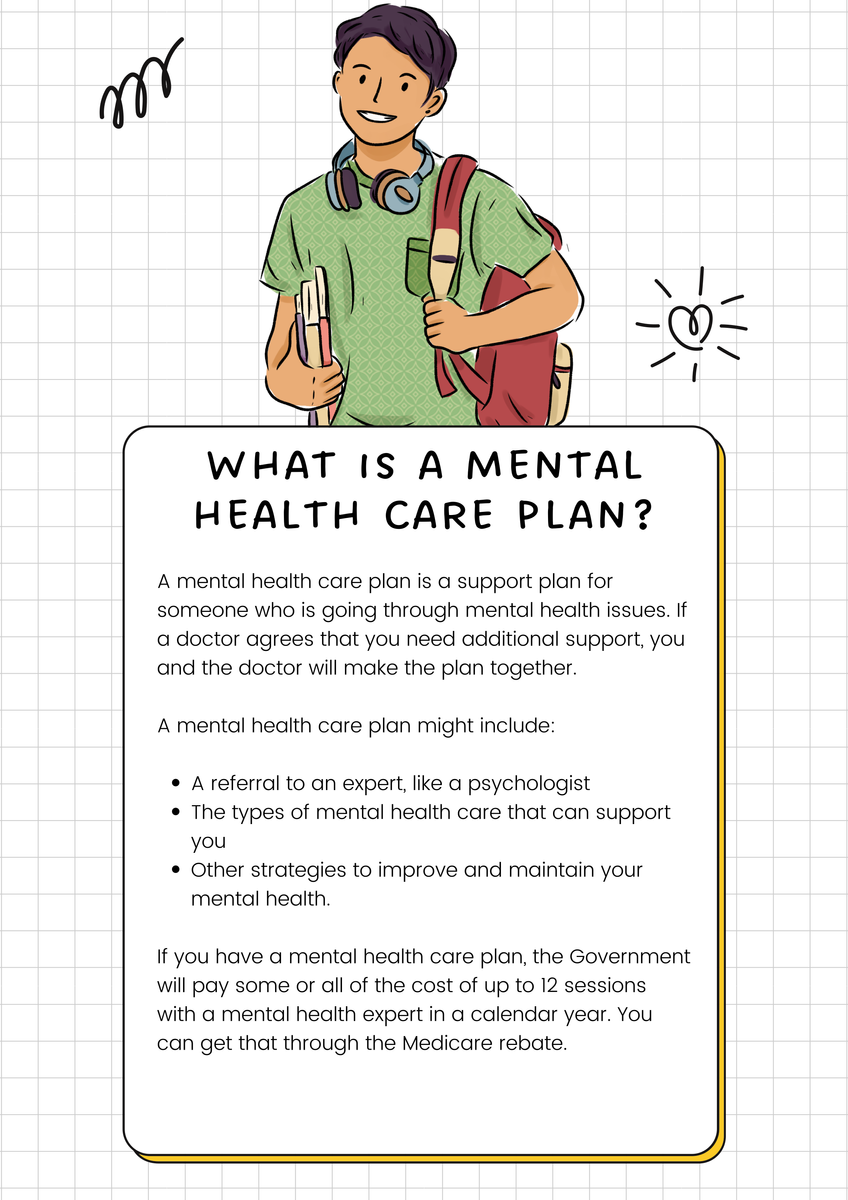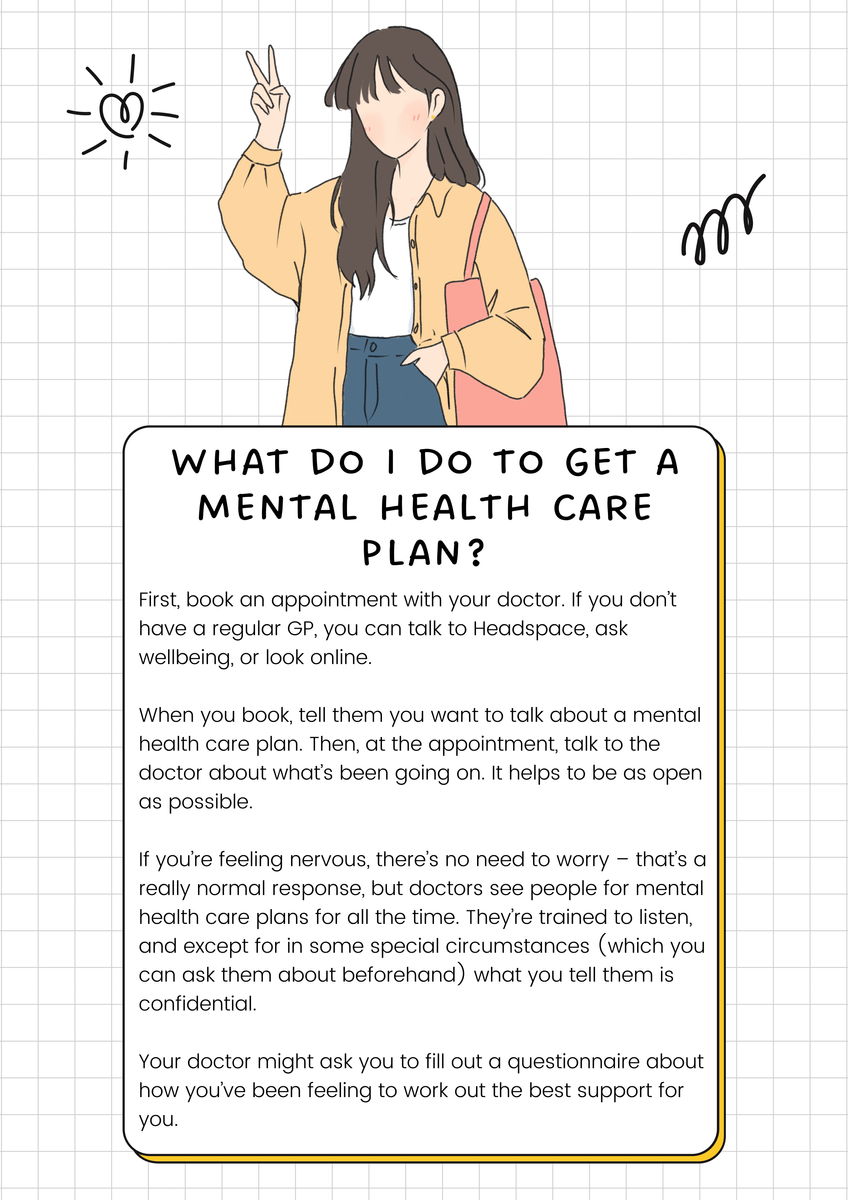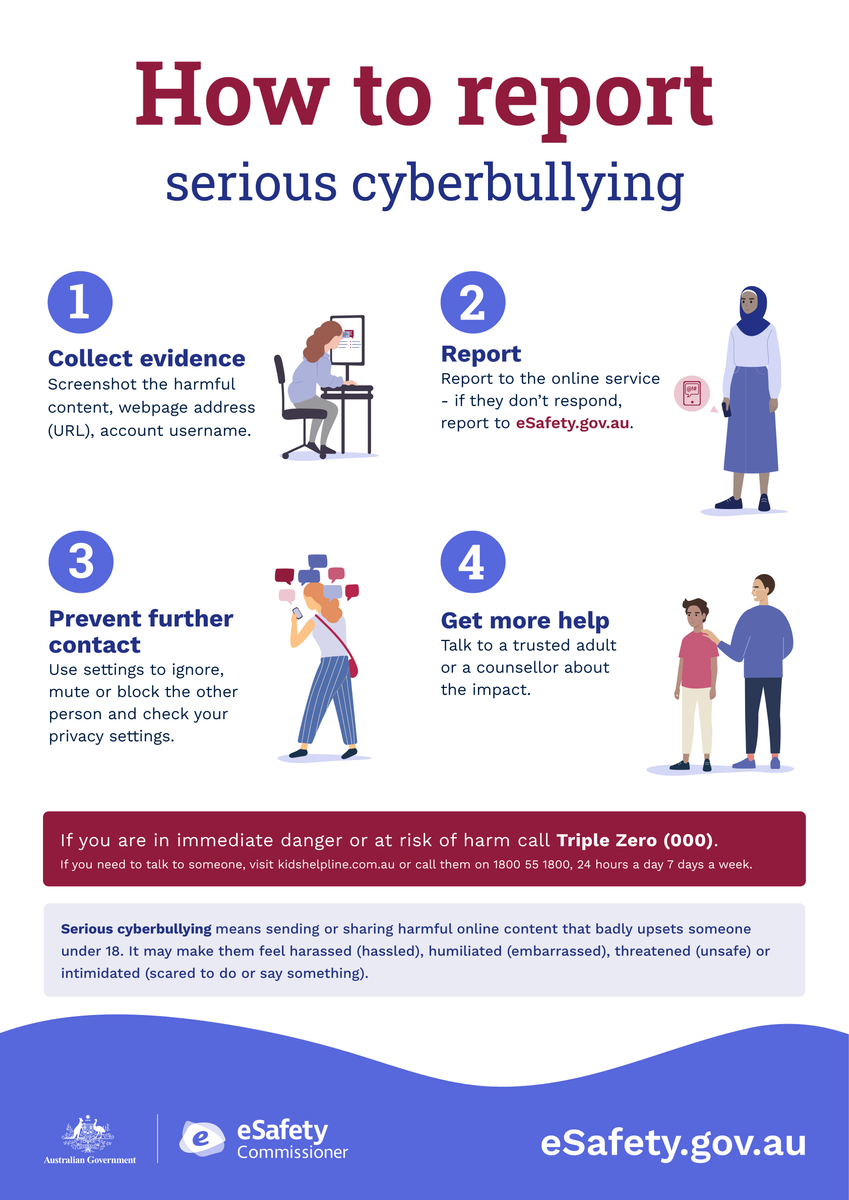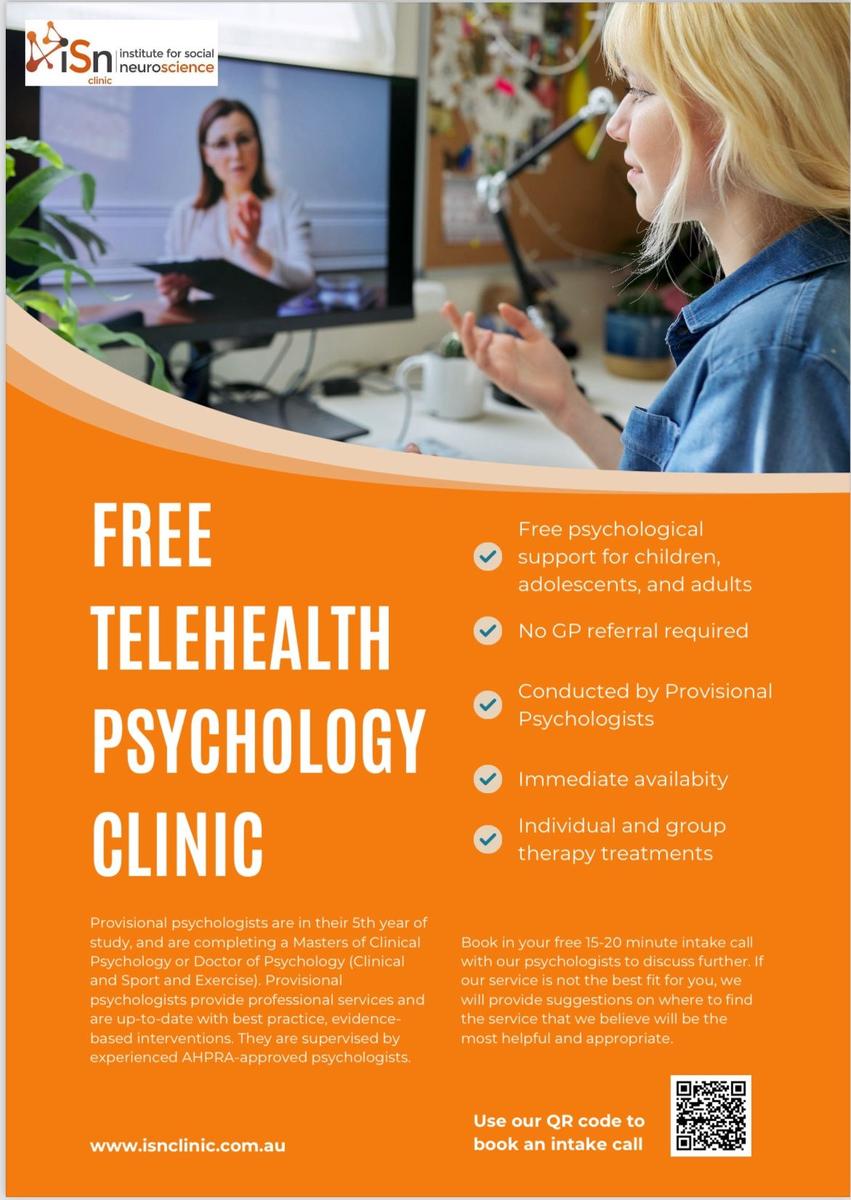Student Wellbeing

Life Skills & Future Planning
So… What’s Next?
Thinking about getting a job? Wondering what to do after high school? You’re not alone! Figuring out your next steps can feel overwhelming, but the good news is—you’ve got options. Whether you’re looking for a part-time gig, preparing for your first job interview, or deciding between Uni, TAFE, or work, this guide has got you covered.
Why does this matter for your wellbeing?Having a plan—even a rough one—can reduce stress and uncertainty about the future. When you develop skills, set goals, and take small steps forward, you build confidence, resilience, and a sense of purpose—all of which are great for your mental health. Let’s break it down so you can step into your future with confidence.
Resume & Job Application Tips
Looking for a part-time job to earn some cash and gain experience? Employers get tons of applications, so here’s how to make yours stand out:
1. Keep it short and sharp!
Your resume should be one page — no one has time to read a novel. Include:
Your name & contact details
Education (school, year level)
Work experience (if any)
Skills (teamwork, communication, organization)
Any volunteering or extracurricular activities
Pro Tip: Keep the design clean, use bullet points, and avoid weird fonts!
2. Show off your skills!
Even if you haven’t worked before, you’ve got skills! Think about:
-Teamwork (sports, group projects)- Leadership (school captain, coaching, mentoring)
- Time management (balancing school, sports, and social life)- Customer service (helping out at events, fundraising, babysitting)
3. Customise your resume!
Don’t send the same generic resume everywhere! If you’re applying for a café job, highlight customer service. If it’s a retail job, mention cash handling and people skills.
4. Write a killer cover letter!
Your cover letter is like your first impression on paper. It should be short, friendly, and confident. Say why you’re interested in the job and how your skills match the role.
5. Follow up like a pro!
If you drop off your resume in person, introduce yourself to the manager. If you applied online, send a quick follow-up email a week later. It shows you’re keen and proactive!
Mental Health Boost: Gaining work experience can help you feel more independent, build self-esteem, and give you a sense of achievement.
Interview Confidence Boosters
Interviews can feel scary, but if you prep in advance, you’ll walk in feeling like a boss. Here are some common questions and how to ace them:
1. “Tell me about yourself.”
Keep it short and sweet: Name, school, hobbies, and why you’re excited for this job.
2. “Why do you want to work here?”
Show you’ve done your homework! Mention something you like about the company (good reputation, fun environment, great products).
3. “What are your strengths?”
Pick 2-3 strengths that match the job (e.g., hardworking, reliable, good at multitasking) and back them up with examples.
4. “How do you handle pressure or tricky situations?”
Employers love problem-solvers. Think of a time you stayed calm under pressure—maybe during exams, sports, or a group project.
5. “When can you start?”
Be honest about your availability. If you have school, sports, or other commitments, let them know upfront.
Quick Tips:
Smile! A good attitude goes a long way.
Make eye contact—it shows confidence.
Speak clearly and avoid “umm” and “like” too much.
Thank them for their time at the end!
Mental Health Boost: Prepping for and acing an interview builds confidence and resilience. Even if you don’t get the job, each experience helps you grow and learn.
Uni vs TAFE vs Work: What’s Next?
Not sure what to do after Year 12? That’s totally normal! Here’s a quick rundown of your options:
1. University
Great for careers that require a degree, like medicine, law, or teaching. Uni is theory-based, takes 3+ years, and can be expensive, but it opens doors to many professional jobs.
Best for: Long-term career growth, jobs that need a degree
2. TAFE & Vocational Training
If you like hands-on learning, TAFE is awesome! It’s cheaper and shorter than uni and great for trades, childcare, beauty, and hospitality.
Best for: Practical jobs, getting qualified quickly
3. Workforce & Apprenticeships
Not into study? You can jump straight into work or do an apprenticeship (where you earn while learning a trade like plumbing, carpentry, or hairdressing).
Best for: Earning money ASAP, gaining real experience
4. Gap Year & Travel
Not sure what you want to do? Taking a gap year to travel, volunteer, or work can give you time to figure things out while gaining life experience.
Best for: Exploring interests, personal growth
Mental Health Boost: Having options and knowing that there’s no “one right path” can ease anxiety about the future. Exploring different paths helps you discover what truly makes you happy.
No choice is “better” than the other—it’s about what works for YOU! If you’re unsure, talk to a teacher, career counsellor, or someone you trust.
Final Thoughts
Your future isn’t set in stone, and that’s okay! Whether you’re looking for a job, prepping for interviews, or deciding what to do after high school, the key is to stay open-minded and take it one step at a time.
Start small: Apply for part-time jobs, research different careers, and talk to people in industries you’re interested in.Ask questions: No one expects you to have it all figured out yet!Believe in yourself: You have more skills than you think—own them!
Mental Health Boost: Planning for your future gives you a sense of direction, reduces stress, and helps you feel more in control. Even small steps forward can boost your confidence and overall wellbeing.
Good luck, and remember—you’ve got this!
Looking for Support?
EACH - Health Services 1300 003 224
These services are free or low-cost.
93 Boronia Rd, Boronia
Youth Mental Health Services 9298 8469
Individual counselling on a short-term basis for young people aged 10 to 25 years as well as parent and family support.
2 Capital City Blvd, Wantirna South
headspace 1800 650 890
2 Capital City Blvd, Wantirna South
Offering: General health services (youth-friendly, free Doctors), Counselling & Mental Health Support, Alcohol and Other Drug Services, Vocational, Education & Training Support.
Safe Steps Family Violence Response Centre 1800 015 188 (24 Hours)
Confidential information, counselling and support service. safesteps.org.au
1800 Respect 1800 737 732 (24 Hours)
Nurse on Call 1300 60 60 24
Puts you directly in touch with a registered nurse for caring, professional physical health advice around the clock.
The Butterfly Foundation 9822 5771
1430 Malvern Road, GLEN IRIS Victoria https://butterfly.org.au/ -
FriendLine 1800 424 287
Supports anyone who's feeling lonely, needs to reconnect or just wants a chat. You can call them 7 days a week or chat online with one of their trained volunteers. All conversations with FriendLine are anonymous.
24/7 Mental Health Hotlines:
Kids Helpline 1800 55 1800
Australia’s only free 24/7 confidential and private counselling service specifically for children and young people aged 5 – 25.
Lifeline - Call 13 11 14, text 0477 13 11 14 or chat online. Provides 24-hour crisis counselling, support groups and suicide prevention services.
Suicide Call Back Service 1300 659 467 or suicidecallbackservice.org.au Provides 24/7 support if you or someone you know is feeling suicidal.
Beyond Blue 1300 22 4636
Aims to increase awareness of depression and anxiety and reduce stigma. Call, chat online or email.
Student Wellbeing Team
Email: wellbeing@wantirnacollege.vic.edu.au
Chelsea Collings - Leader of Wellbeing
Guiseppe Relia – Wellbeing Counsellor
Sanela Avdic - Wellbeing Counsellor
Talea-Jane Simpson – Wellbeing Counsellor
Tajinder Wulff - Mental Health Practitioner 7-8
Lea Marrison - Mental Health Practitioner 9-12

